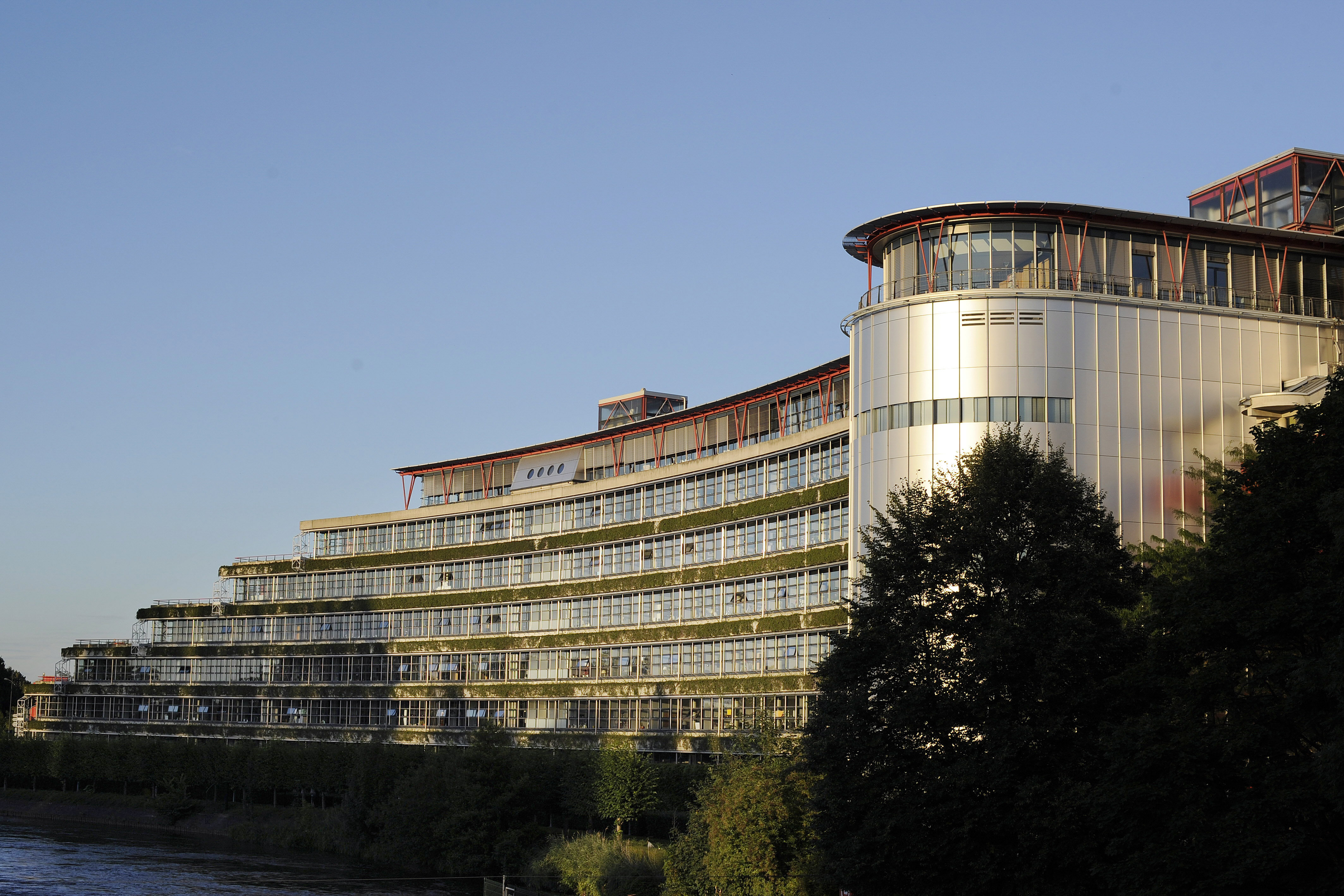MOSCOW, November 25 (RAPSI) – Russia intends to file an appeal with the European Court of Human Rights (ECHR) over detention of Russian national Yuri Mel, who stands charged with implication in January 1991 clashes in Lithuania, official representative of the Foreign Ministry Maria Zakharova told journalists on Friday.
“We will continue active work on defending Mel’s rights and will use all available lawful methods in line with Russian and international legislation,” Zakharova said. She added that Russia is going to focus on trying to bring attention of international organizations to this case as well as filing an appeal with the ECHR.
The Vilnius District Court began hearing the case in late January with second phase beginning on October 3. Lithuania's Prosecutor General's Office has declared 65 citizens of Russia, Belarus and Ukraine defendants in the criminal case opened in the aftermath of the clashes.
They were charged with war crimes, crimes against humanity, battery, murder, endangering other's wellbeing, as well as unlawful military actions against civilians.
On October 17, the Vilnius District Court adopted a decision to question former president of the Soviet Union Mikhail Gorbachev as a witness in the case.
The case is being considered without personal presence of the most part of the accused persons. The judge said earlier that motions for rendering legal assistance have been forwarded to Prosecutor Generals of Russia, Ukraine and Belarus. Russia and Belarus refused to cooperate.
Only two defendants, Russian nationals Yuri Mel and Gennady Ivanov, are present at the trial. Mel was arrested on Kaliningrad's border with Lithuania on March 12, 2014. Two days later he was placed in detention. The court has repeatedly extended his detention. Prosecutors believe that the man was in a tank that assaulted a TV tower in Vilnius.
Mel denied all charges and stated that he executed the governing bodies’ order on a hair-trigger alert and did not know that they would be sent to the TV tower.
He also said that the events which took place and actions of military servants could not be treated by prosecution as crimes against humanity.
Ivanov pleaded not guilty as well.
Lithuania declared independence from the Soviet Union on March 11, 1990.
Moscow denounced the move as illegal and put an economic blockade on the country between April and late June 1990.
In January 1991, a series of unauthorized protests swept across Lithuania after which Soviet military forces entered the republic. On the night of January 13, Soviet armored vehicles and tanks rolled into the center of Vilnius. Soviet troops clashed with civilians at a local TV tower, leaving 14 dead and over 600 injured.
Security personnel later claimed that the clashes were a result of a provocation, and that the victims were killed by sharpshooters.



